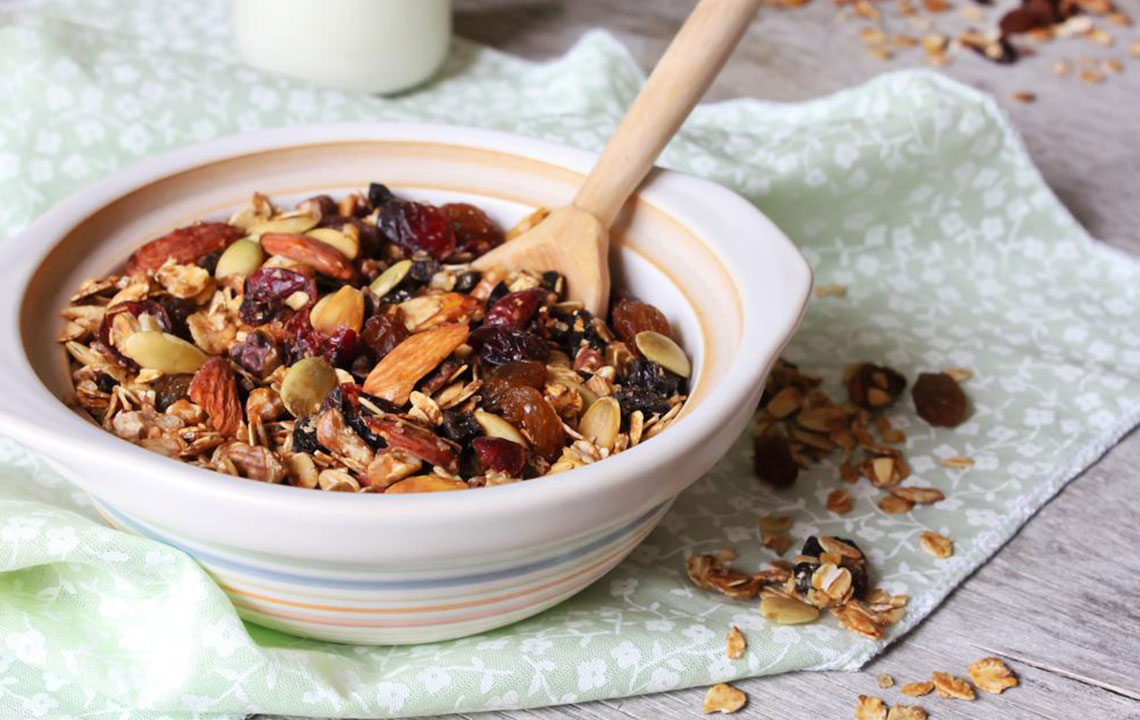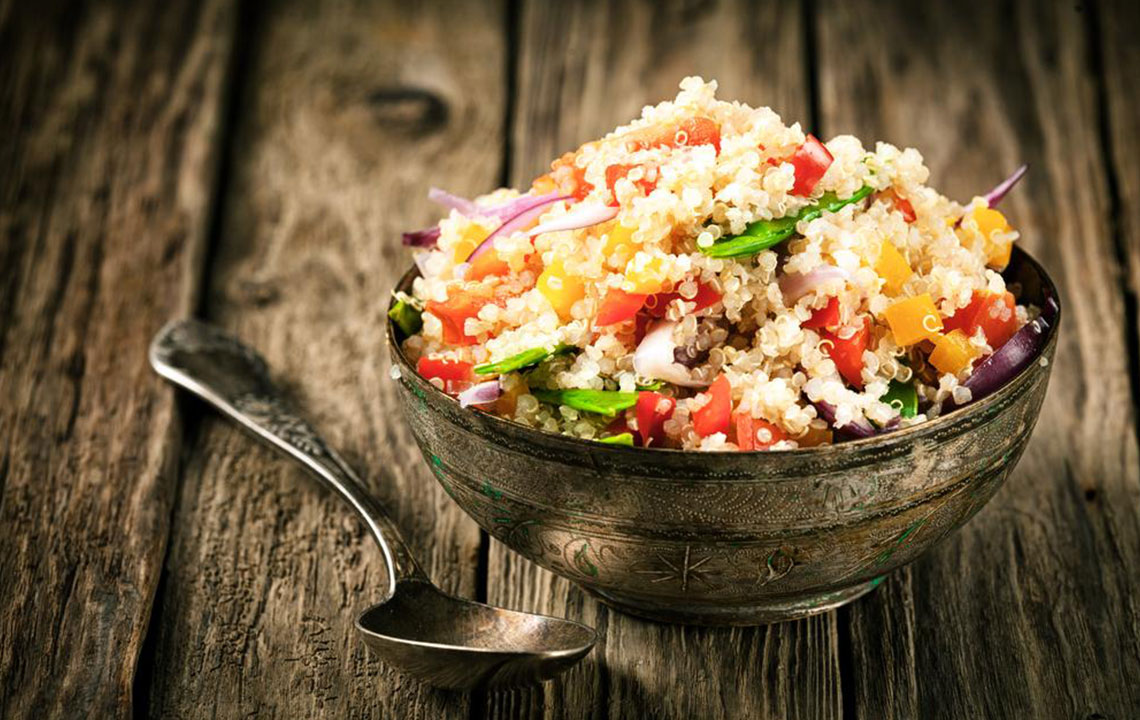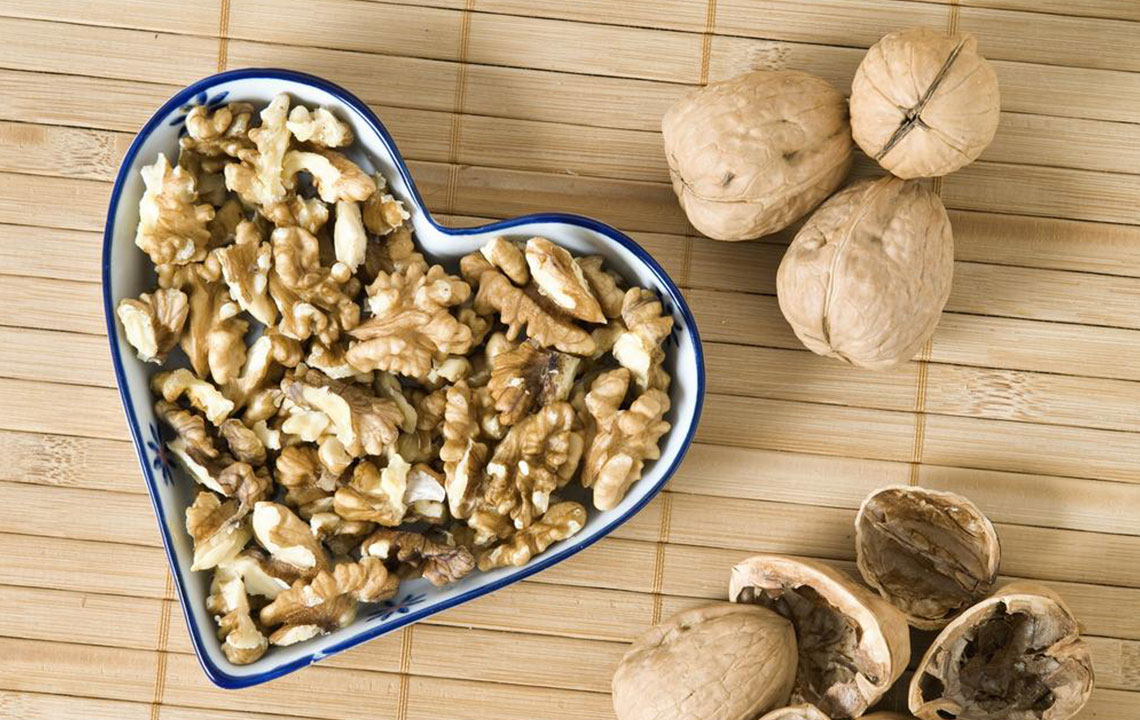Effective Dietary Strategies to Reduce Triglyceride Levels
Learn effective dietary strategies to lower triglyceride levels naturally. Incorporating omega-3 rich fish, soy protein, nuts, high-fiber foods, and reducing sugar and carbohydrate intake can significantly improve heart health. Regular exercise and lifestyle adjustments enhance these benefits, supporting a balanced and healthy life.
Sponsored

How Foods Can Help Manage Triglycerides
Managing triglyceride levels requires both healthy lifestyle choices and dietary adjustments. Triglycerides are fats circulating in the blood, and elevated levels increase the risk of heart disease. Excess sugar and fats from food are converted into triglycerides, making it crucial to maintain a balanced diet. Incorporating specific foods into your daily routine can significantly lower triglyceride levels. Consistent consumption of these foods, combined with other healthy habits, can help achieve and maintain optimal triglyceride levels for better heart health.
Incorporate Omega-3 Rich Fish
Fish such as salmon and mackerel are excellent sources of omega-3 fatty acids, which can reduce blood triglycerides. Regular intake of about 3.4 grams of fish oil daily may decrease triglyceride levels by up to 50% within a month. Omega-3s help diminish triglyceride production, making fish a vital element in triglyceride-lowering diets.
Include Soy Protein
Studies show soy protein can effectively lower triglycerides. In a Canadian study, participants consuming 25 grams of soy protein daily for six weeks experienced a 12% reduction in triglyceride levels. Incorporating soy-based foods such as tofu, soy nuts, or soy meat substitutes can provide significant benefits for maintaining healthy triglyceride levels.
Add Nuts to Your Daily Diet
Nuts are linked to decreased cardiovascular risk and improved lipid profiles. Research across multiple countries involving over 500 individuals showed that consuming around 67 grams of nuts daily reduced triglycerides by 10%. Nuts contain healthy fats, which contribute to better heart health when incorporated into a balanced diet.
Additional Tips for Managing Triglycerides
Consuming a diet rich in fiber, such as fruits, vegetables, and whole grains, aids in reducing triglycerides by limiting fat and sugar absorption. Limiting sugar-sweetened beverages and reducing carbohydrate intake also play a crucial role, as excess carbs can convert into triglycerides. Regular exercise and weight management further support healthy triglyceride levels, promoting overall well-being. Making these lifestyle changes can lead to improved heart health and a more vibrant life.






